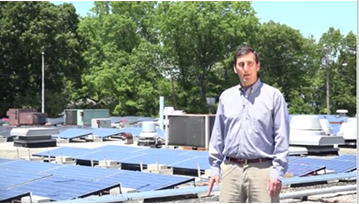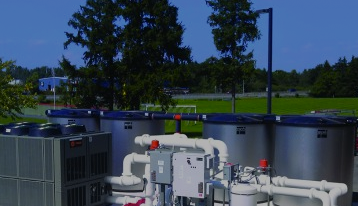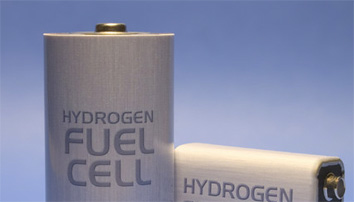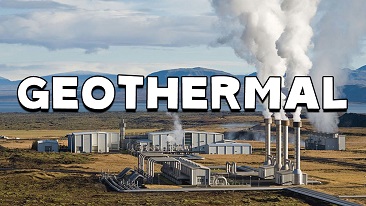MSL Group Develops, Owns and Operates Renewable Energy Projects in the Northeast
MSL Group builds renewable energy projects in the Northeast United States with a focus primarily on Connecticut and Rhode Island. We work with property owners who lease their properties for solar power generation. MSL Group Inc. has been developing, owning and operating renewable energy systems since 2015.
Renewable energy in the United States currently accounts for 18% of domestically produced electricity. The growth of our domestic renewable market is set to grow at a sustained pace, due to declining costs and increasing ionvestor demand. The Levelized Cost of Energy (LCOE) for utility-scale solar has declined 86% during the past ten years. Clean energy investment broke new records in 2021 and is now seeing substantially more investment than fossil fuels. Recently, solar has become a cheaper power generation source than fossil fuels in numerous markets, which is why the majority of new power generation capacity is renewable. Join the New American Energy Revolution and finally end our dependence on unstable foreign oil producers. If the private and public sectors collectively embrace solar energy, the United States can achieve full energy independence relatively quickly and win the fight against climate change.

- Roof-Mounted Solar
- Ground Mounted Solar
- Solar Carports
- Utility-Scale Solar Development

Combined heat and power (CHP) systems, also known as cogeneration, generate electricity and useful thermal CHP is not a technology, but an approach to applying technologies. Heat that is normally wasted in conventional power generation is recovered as useful energy, which avoids the losses that would otherwise be incurred from separate generation of heat and power.

A fuel cell combines hydrogen and oxygen to produce electricity, heat, and water. Fuel cells are often compared to batteries. Both convert the energy produced by a chemical reaction into usable electric power. However, the fuel cell will produce electricity as long as fuel (hydrogen) is supplied, never losing its charge.





